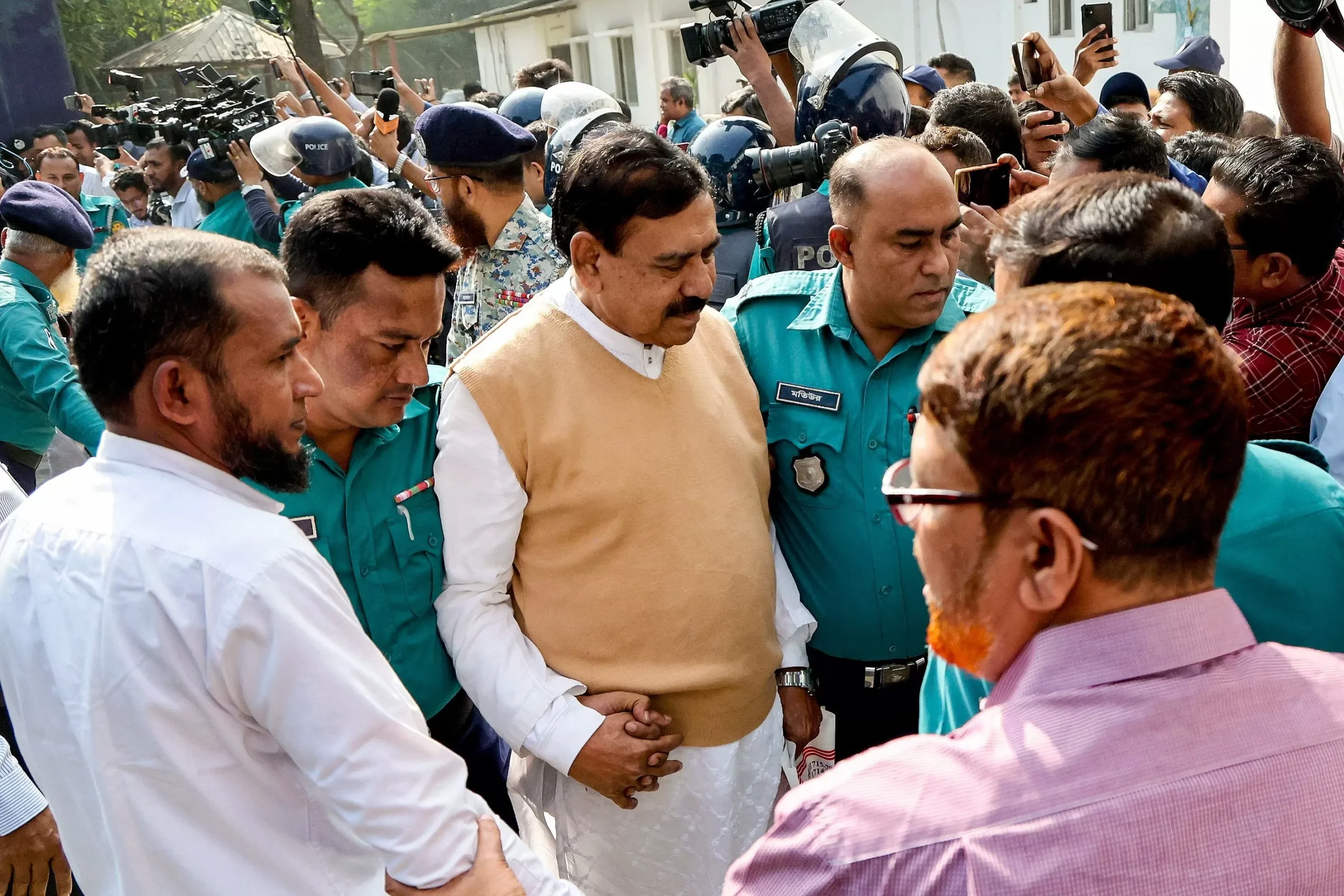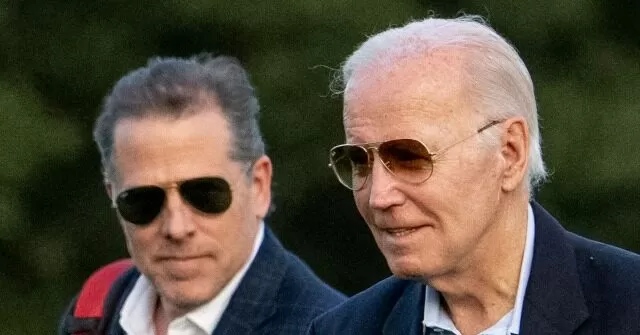Thirteen former high-ranking Bangladeshi government officials were arrested on Monday, following the August revolution, and appeared in court to face charges of “enabling massacres.” This marks a significant step towards justice for the victims of the brutal crackdown on peaceful protesters during the revolution.
The arrests were made by the newly formed Special Tribunal for Crimes Against Humanity, which was established in the aftermath of the revolution to hold accountable those responsible for the violence and human rights abuses. The tribunal has been working tirelessly to gather evidence and build a strong case against the accused officials.
According to the prosecutors, the thirteen officials, who held influential positions in the previous government, were directly involved in planning and executing the massacres of innocent civilians. They are also accused of ordering the use of excessive force against peaceful protesters, resulting in numerous deaths and injuries.
The charges against these officials are a clear indication that the new government is committed to upholding the rule of law and ensuring justice for the victims of the revolution. It sends a strong message that no one is above the law, regardless of their position or influence.
The court proceedings on Monday were closely watched by the public, who have been eagerly waiting for justice to be served. The accused officials, who were once considered untouchable, were seen in handcuffs and appeared visibly shaken as they were brought into the courtroom.
The prosecution presented compelling evidence, including eyewitness testimonies and video footage, to support their case. The defense, on the other hand, argued that their clients were innocent and were being falsely accused for political reasons. However, the overwhelming evidence presented by the prosecution seemed to weaken their argument.
The court has granted the accused officials bail, but they have been ordered to surrender their passports and are not allowed to leave the country without prior permission. This decision has been met with mixed reactions from the public, with some expressing concerns that the accused may try to flee the country to avoid facing justice.
The trial is expected to be a lengthy and complex process, as the prosecution has listed over a hundred witnesses to testify against the accused officials. The court has also allowed the media to cover the proceedings, ensuring transparency and accountability in the trial.
The August revolution, which saw thousands of people taking to the streets to demand political and social reforms, was a turning point in the history of Bangladesh. The peaceful protests were met with brutal force, resulting in the deaths of many innocent civilians. The international community condemned the violence and called for those responsible to be held accountable.
The arrests of the thirteen officials are a significant step towards fulfilling this demand for justice. It is a testament to the resilience and determination of the Bangladeshi people, who have refused to be silenced and have continued to demand accountability for the atrocities committed during the revolution.
The new government has also taken steps to address the grievances of the protesters and has initiated reforms to ensure that such violence never occurs again. This includes strengthening the judiciary and law enforcement agencies, as well as promoting a culture of human rights and democracy.
The trial of the thirteen officials is a crucial test for the newly formed Special Tribunal for Crimes Against Humanity. It is an opportunity for the tribunal to demonstrate its independence and impartiality, and to show that justice will prevail in Bangladesh.
The international community will also be closely monitoring the trial, and it is imperative that the proceedings are conducted in a fair and transparent manner. The victims and their families deserve nothing less than a fair trial and justice for the atrocities they have endured.
In conclusion, the arrests of the thirteen former high-ranking government officials and their appearance in court to face charges of “enabling massacres” is a significant step towards justice for the victims of the August revolution. It is a clear message that the new government is committed to upholding the rule of law and ensuring accountability for human rights abuses. The trial is expected to be a lengthy process, but it is a necessary step towards healing and reconciliation for the Bangladeshi people.






![Complete BritRail Pass Guide [Types, How to Use It, Pros + Cons]](https://inside-news.uk/wp-content/uploads/2025/06/00221EB4-BCA2-4DBB-6CD4-83DBC37D71FA-120x86.webp)















